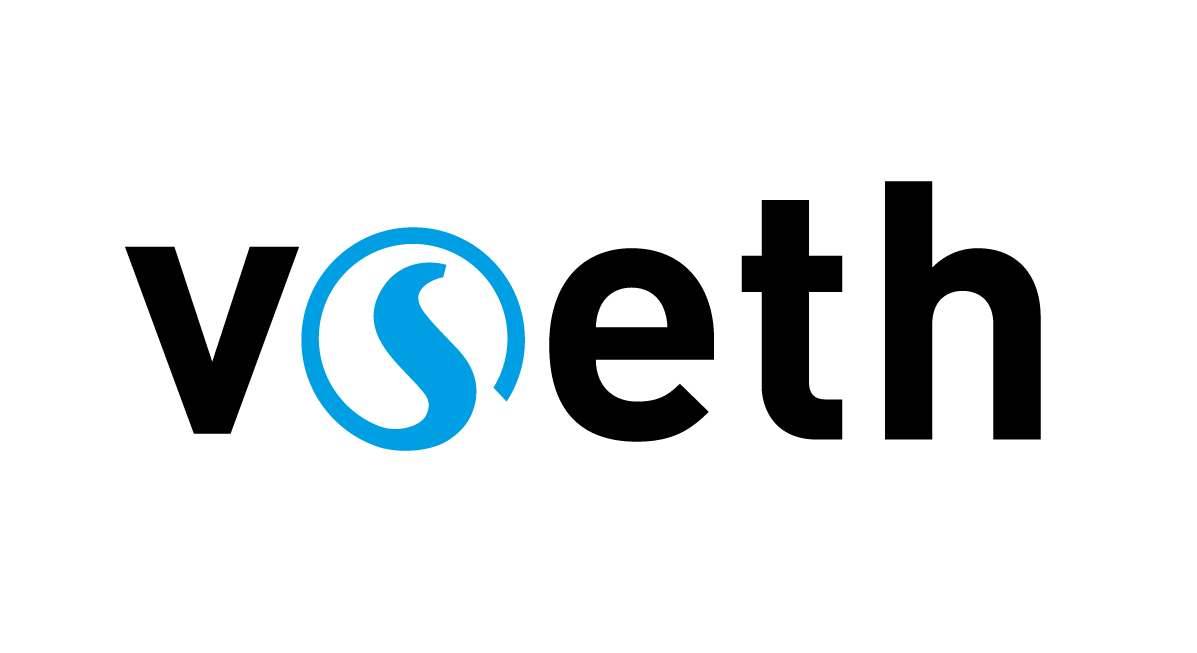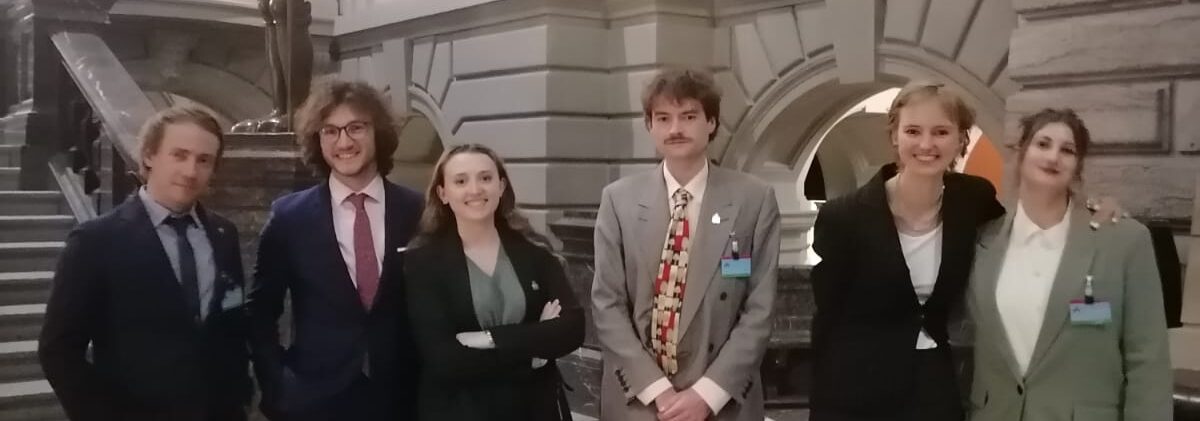Now that the semester is over, things seem to have quietened down around the tuition fees. The posters have been taken down, the petition is only getting a few signatures a day and the campus is returning to its quiet state at the beginning of the learning phase. Or is it?
Not with us. The fight against tuition fee increase is far from over, not as long as we can still fight back. That’s why VSETH, together with VSS (Association of Swiss Student Bodies) and AGEPOLY (EPFL student association), visited the Federal Palace today to talk to various members of the WBK-S.
But what was the WBK-S again?
The WBK-S is the Committee for Science, Education and Culture of the Council of States, i.e. a subgroup of the Council of States, so to speak, which deals with these topics in particular and is therefore especially interesting for us but also interested in us.
The proposal to increase tuition fees will initially be discussed in this WBK-S and recommendations will be made, but depending on the situation, counter-proposals will also be drawn up or other measures taken.
These recommendations are then very important for the Council of States’ decision on the tuition fees issue. And here again as a brief recap: only if the Council of States also approves the increase will it be finalised. So we still have hope.
Anyway. I actually wanted to tell you about my day at the Federal Palace. We were there early in the morning and spoke directly to a representative of the centre-right parties in the Council of States. Luckily for me, he was very interested in our arguments, took a lot of notes and seemed quite convinced.
Basically, the whole day went on like this. We met people from all sorts of parties across the political spectrum, told them about the situation at the ETHs, explained why we were so strongly against the increased fees and tried to convince them. Long things short: Some of them were open-minded and completely agreed with us, gave us tips on how we could make our arguments even better and introduced us to other parliamentarians. Others were initially critical, but were persuaded and still others simply found it interesting to talk to us, but quickly told us that they would definitely be in favour of the increase.
And what does that mean now?
What it always means. We continue to fight and try to show as many people as possible why the increase is a bad idea.
But the day has shown me that many people are actually very interested in the students’ voice and that not all hope is lost.

